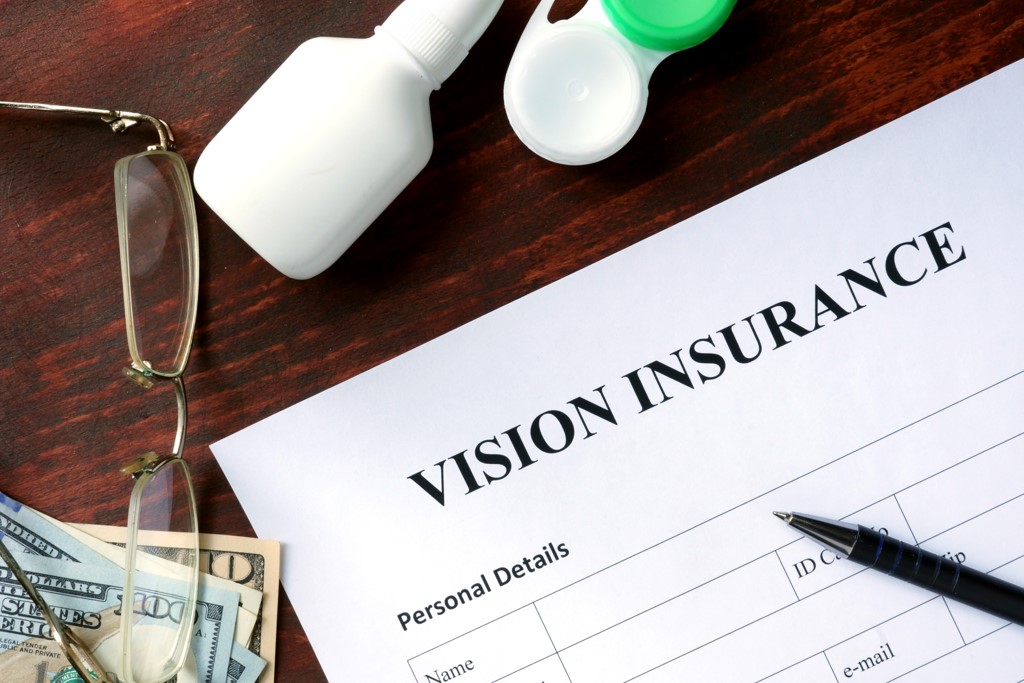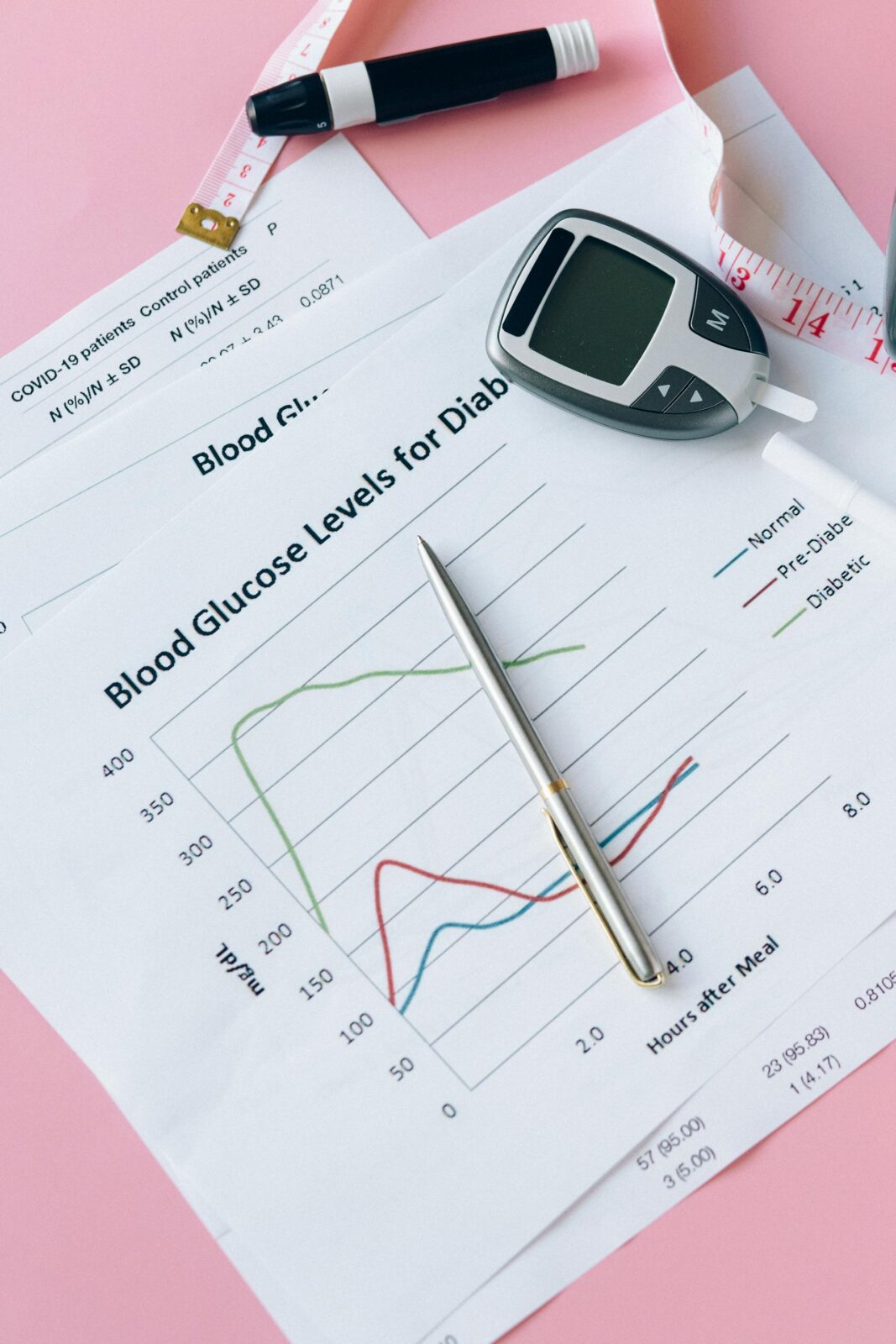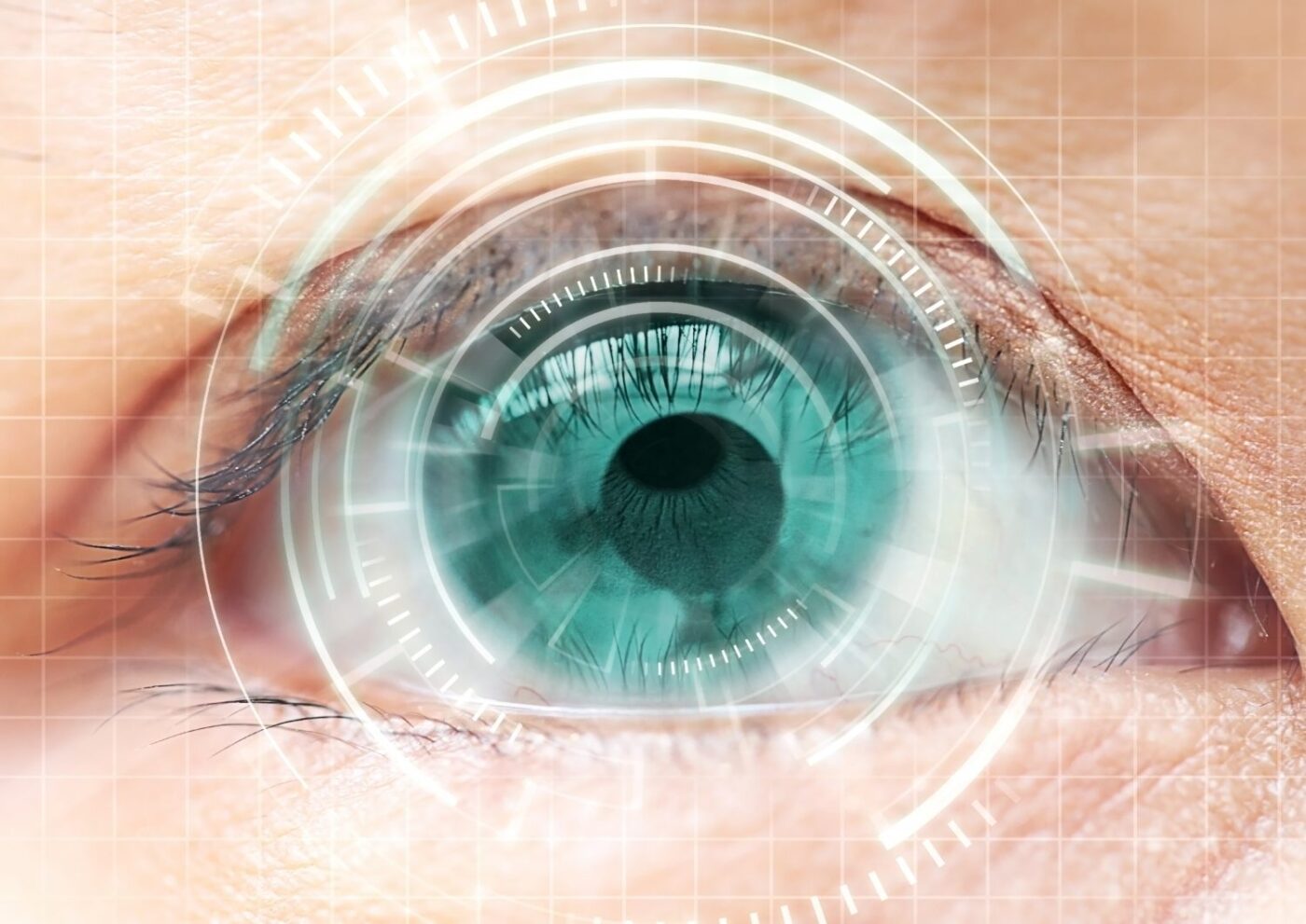
Is there a connection between diabetes and LASIK surgery? Let’s address common concerns and considerations for potential laser vision correction candidates.
In 2021, an estimated 38.4 million people in the U.S. were living with diabetes[i]. This article explores if there is a relationship between diabetes and LASIK candidacy, provide insights into potential risks, eligibility factors, and post-surgical considerations.
What Is Diabetes?
Diabetes, a complex metabolic disease affecting blood glucose(sugar) levels, is characterized by insufficient insulin production or inefficient insulin utilization. Insulin helps blood sugar enter the body’s cells so it can be used for energy. Insulin also signals the liver to store blood sugar for later use. Uncontrolled diabetes can lead to various health issues, including heart problems, kidney diseases, and ocular complications such as diabetic retinopathy, cataracts, and glaucoma.
Ocular Complications Associated with Diabetes
Diabetic retinopathy, cataracts, and glaucoma are common eye problems linked to diabetes[iii]. The risks escalate when diabetes is poorly controlled, emphasizing the importance of maintaining blood sugar, blood pressure, cholesterol, and body weight within target levels.
LASIK Eligibility for Diabetic Patients
While the FDA considers diabetes a relative contraindication for LASIK, recent research supports the safety and efficacy of LASIK in well-controlled diabetic patients[iii], [iv]. LASIK specialists evaluate factors such as diabetes duration, eye health, and blood glucose control to determine eligibility.

Factors Influencing LASIK Eligibility as a Diabetic
LASIK specialists assess diabetes duration, perform comprehensive eye exams, and analyze recent HbA1C test results to gauge eligibility. The stability of glasses or contact lens prescriptions is crucial, ensuring long-term visual benefits post-surgery.
Type 1 vs. Type 2 Diabetes and LASIK
There is no discernible difference in LASIK outcomes between Type 1 and Type 2 diabetic patients[iii]. Pre-operative considerations apply uniformly to both groups.
Recovery Considerations for Diabetic LASIK Patients
Diabetes is associated with delayed healing, potentially increasing the risk of post-surgical infection. However, advancements in LASIK technology have improved the healing process, making LASIK a favorable option compared to other procedures.
Managing Dry Eye after LASIK for Diabetic Patients
Dry eye is generally a temporary post-surgical event, with advancements minimizing its incidence. Diabetic patients, with potential delayed corneal healing, should discuss this concern with their LASIK specialists and follow post-operative instructions.
Resuming Diabetic Eye Exams after LASIK
Maintaining regular diabetic eye exams is crucial for overall eye health, even after LASIK. An individualized LASIK procedure considers diabetes control and ensures the absence of diabetes-related effects on vision and eye health.
Diabetic patients can undergo LASIK with proper management and consideration of specific factors. Understanding the eligibility criteria, risks, and recovery process empowers individuals to make informed decisions about their eye care journey. Always consult with LASIK specialists and diabetes managing physicians for personalized guidance.
[i] American Diabetes Association. Statistics About Diabetes. https://diabetes.org/about-diabetes/statistics/about-diabetes.
[ii] National Institute of Diabetes and Digestive and Kidney Diseases (NIDDK). (2016). What is diabetes? Retrieved from https://www.niddk.nih.gov/health-information/diabetes/overview/what-is-diabetes
[iii] American Academy of Ophthalmology. (2015). LASIK in patients with diabetes. Retrieved from https://eyewiki.aao.org/LASIK_in_Patients_With_Diabetes_Mellitus#cite_note-one-1
[iv] Cobo-Soriano R, Beltrán J, Baviera J. LASIK outcomes in patients with underlying systemic contraindications: a preliminary study. Ophthalmology. 2006 Jul;113(7): 1118.e1-8.
[v] Ata A, Lee J, Bestle SL, Desemone J, Stain SC. Postoperative hyperglycemia and surgical site infection in general surgery patients. Arch Surg. 2010 Sep;145(9):858-64.
[vi] Shoja MR, Besharati MR. Dry eye after LASIK for myopia: Incidence and risk factors. Eur J Ophthalmol. 2007 Jan-Feb;17(1):1-6.
[vii] Salomão MQ, Ambrósio R Jr, Wilson SE. Dry eye associated with laser in situ keratomileusis: Mechanical microkeratome versus femtosecond laser. J Cataract Refract Surg. 2009 Oct;35(10):1756-60.


